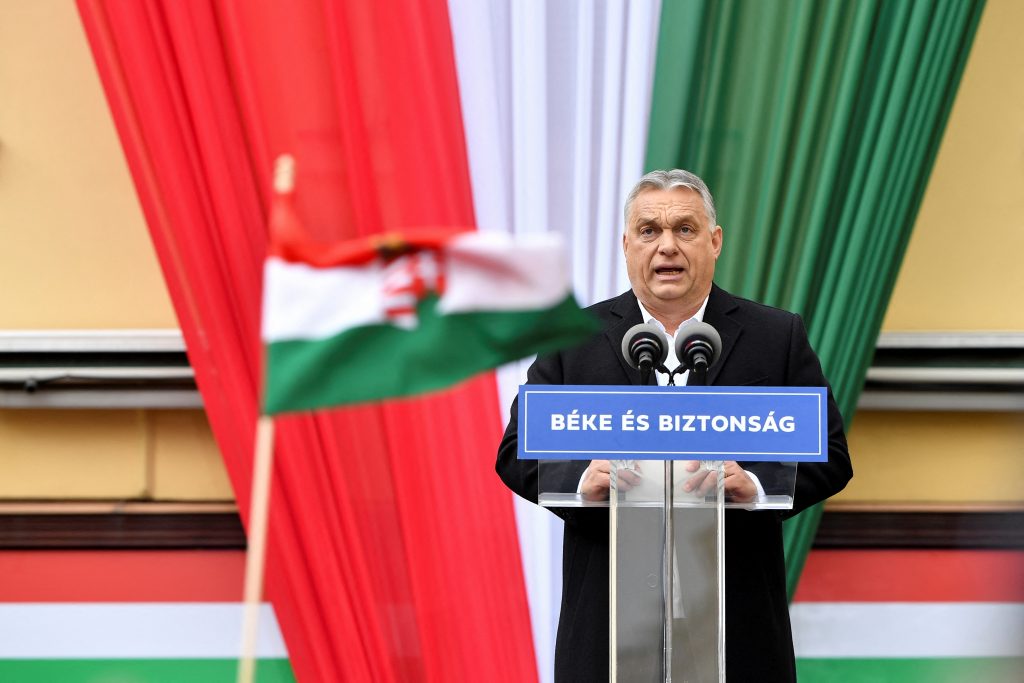Hungarian Prime Minister Viktor Orbán has secured his spot as Prime Minister for the next four years after taking Sunday's general election with a "supermajority". Orbán, who has frequently been at odds with EU institutions, was quick to vaunt his victory to critics.
Not one to shy away from controversy, Orbán renews his tenure as Prime Minister with a two-thirds majority in parliament. In a victory speech that had echoes of a recently-departed US president, the leader of the right-wing populist Fidesz party was brimming with superlatives and quick to take a pop at EU detractors who have previously denounced his ultra-conservative policies.
"We got a big win. A victory so big that you can even see it from the moon, but definitely from Brussels," referring to the criticism Hungary and Orbán himself received on issues of corruption, anti-LGBTIQ laws, and a lack of democracy.
A resounding win
Orbán easily won his fourth consecutive term in office with over half (53%) of votes tallied. The pro-European opposition coalition, United for Hungary, had just over 34%, according to the National Election Office.
Turnout for the election was high, measured at 67,8% half an hour before the polls were closed – almost as high as the previous election in 2018, when just over 70% of Hungarians voted.
With six opposition parties having rallied their efforts to defeat Orbán with one candidate, Péter Márki-Zay, the scale of his victory shocked his challenges. Yet they point to difficult-to-refute evidence that the election was fuelled by propaganda, non-transparent financing and gerrymandering. One claim that Orbán's party Fidesz made was that the opposition wanted to engage in military action in Ukraine: a bare-faced lie.
Related News
- De Croo calls for sanctions against Hungary: ‘No place for homophobia’ in the EU
- European Commission launches legal action against Hungary for anti-LGBTQ+ law
In the run-up to elections, Orbán presented himself as a choice for stability and peace during troubled times, despite his close ties with Putin, saying “this is not the time for change”.
Meanwhile, the opposition tried to portray the elections as a choice between the freedoms of the West and the dictatorial East on the other.
Orbán will remain at the EU’s top table for the next four years, which is expected to lead to more clashes over the bloc’s core values and more pushback on taking a hard stance against Russia regarding its invasion of Ukraine.

